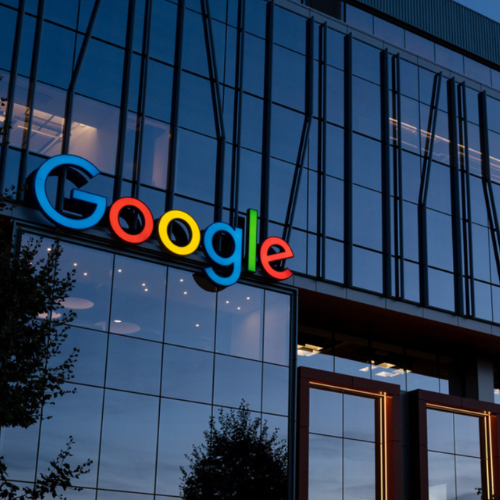Google has agreed to pay $1.375 billion to the state of Texas, resolving claims that it unlawfully collected and used sensitive personal data from Texans. This settlement sets a new record, becoming the largest single-state privacy settlement in U.S. history, and signals a growing crackdown on Big Tech’s data practices.
The Case Behind the Settlement
The lawsuit that led to this settlement was filed in 2022 by Texas’ Attorney General. The state accused Google of violating privacy laws by secretly tracking users’ locations, even when people had turned off location history. Additionally, the lawsuit claimed that Google logged private search activities in “Incognito Mode,” a setting designed to keep searches private. Furthermore, Texas authorities said that Google collected biometric data, such as voiceprints and facial recognition data, without users’ knowledge or consent.
According to the Texas Attorney General’s office, Google used its popular products and services—like Android phones, Google Search, and Google Assistant—to continuously gather user data. Despite users turning off certain privacy settings, such as location tracking, Google was still able to monitor and record users’ activities. This was seen as a violation of state laws protecting users’ privacy, as the company did not obtain proper consent for this extensive data collection.
Revolut Faces Tough €3.5 Million Penalty for Risk Monitoring Errors
Texas Reaches a Historic Settlement
After years of litigation, Texas secured a settlement that is far larger than any previous settlement involving a single state. The $1.375 billion payout is more than 14 times bigger than the next largest state-level settlement, which was $93 million. This also surpasses a 2022 settlement involving a coalition of 40 states, which collectively resulted in $391 million. Though the settlement is the largest privacy enforcement payout ever for a single state, Google has not admitted any wrongdoing in the case.
As part of the agreement, Google will pay $1.375 billion, which will go toward future privacy enforcement, consumer restitution, and initiatives to improve privacy practices in Texas. The settlement includes provisions that require Google to make changes to its services. This means the company must be more transparent about how it collects and uses personal data, giving users clearer information and better control over their data.
Growing Scrutiny of Big Tech
This settlement is part of a broader trend where tech companies are increasingly being held accountable for their data practices. Texas has been particularly aggressive in pursuing legal action against large corporations over privacy violations. In 2024, the state reached a $1.4 billion settlement with Meta over facial recognition data use, marking another significant milestone in privacy enforcement.
As concerns about data privacy grow, this settlement with Google highlights the increasing pressure on tech companies to respect user privacy. Google has already faced other legal actions, including a $700 million settlement for antitrust issues and a $8 million resolution for deceptive trade practices. Now, with this massive privacy settlement, it is clear that the state of Texas is committed to holding companies accountable for their data practices.
Brink’s Hit with $50 Million Penalty for Illegal Money Transfers
While Google did not admit wrongdoing, the settlement includes terms that will enforce changes to the company’s privacy policies. Google will need to provide clearer explanations to users about how their data is collected and give them greater control over it. This could include giving users the ability to manage their data, especially sensitive information like location and biometric data, more effectively.
The settlement funds will be used to support consumer restitution, privacy enforcement, and other initiatives to protect the privacy rights of Texans. This serves as an important reminder for users to regularly check their privacy settings and be cautious about the data they share online. With growing awareness of how personal data is collected, users are encouraged to review privacy settings, disable biometric features, and be cautious about using modes like Incognito, which may not provide full privacy protection.
This case also signals that privacy laws are becoming more important and more strongly enforced, especially as tech companies continue to collect vast amounts of personal data. The record settlement is a clear message to tech giants that they must be more transparent and respectful of user privacy moving forward.


